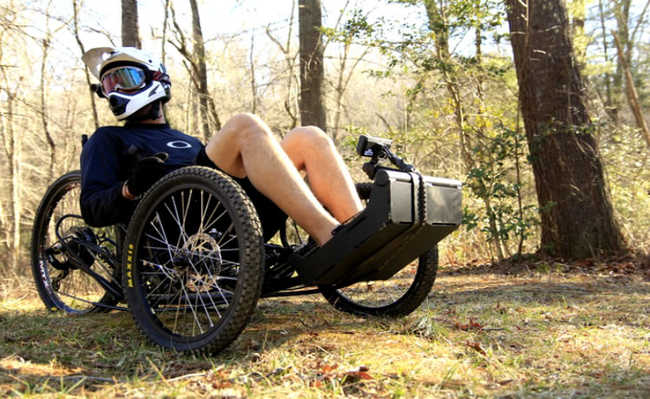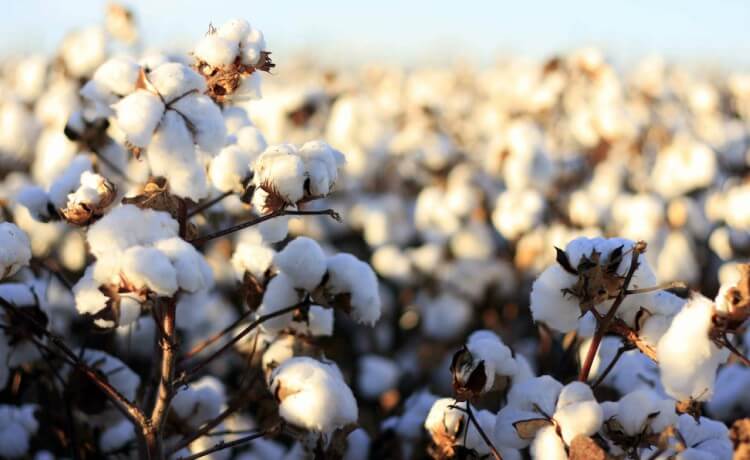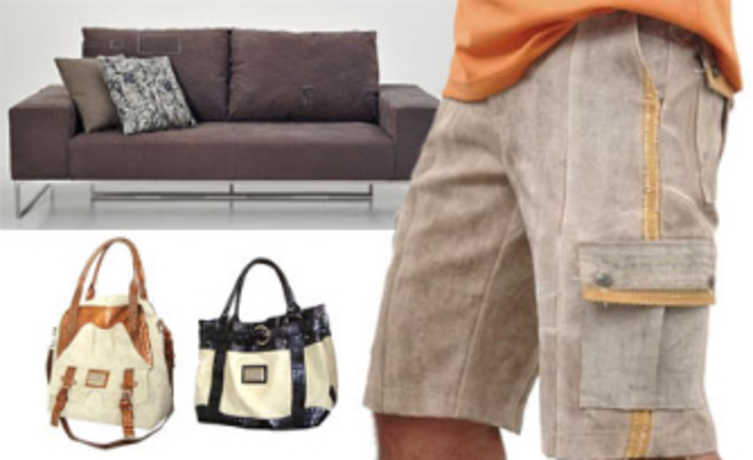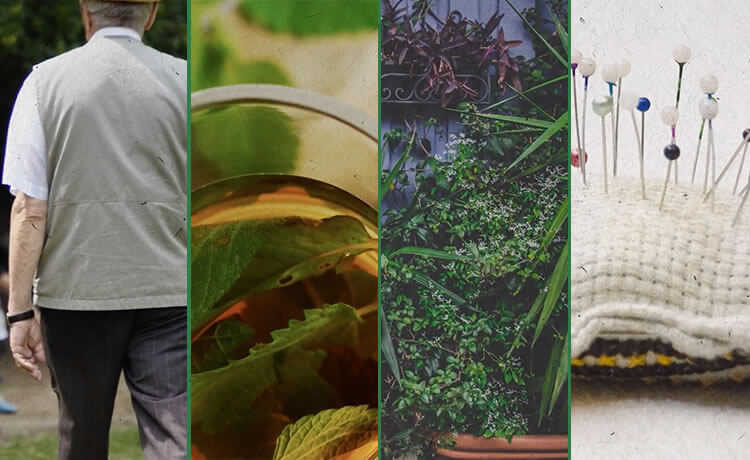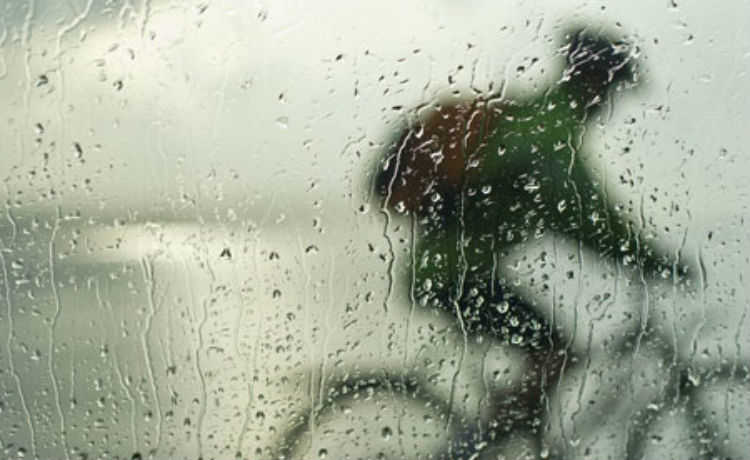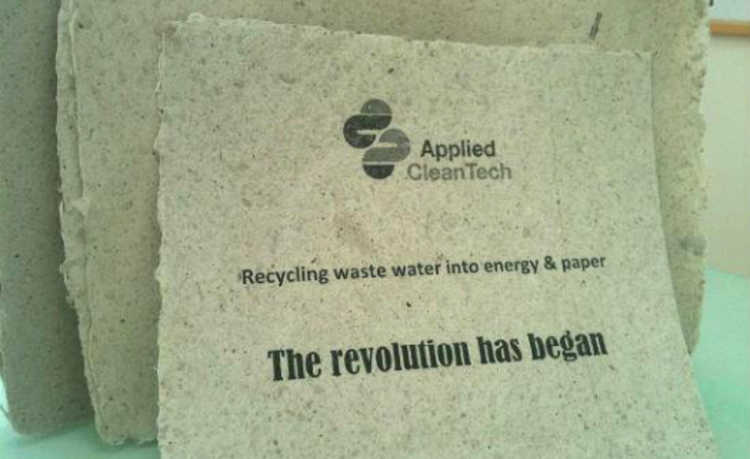Selective collection points: see where to take your waste
Understand the importance of selective collection points, what types of waste they receive and how to find them
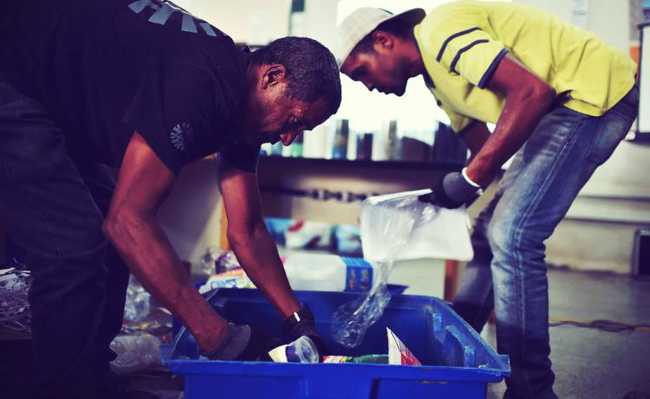
Image: Members of selective collection cooperatives participate in training by Agência Brasília licensed under CC BY 2.0
Selective collection points are an alternative to collection made at the door. The selective collection posts, which can be maintained by city halls or by the private initiative, are areas installed in a suitable place for receiving waste.
Unlike the collection that goes from door to door, collecting previously selected waste (or not), selective collection points are fixed and depend on the delivery reaching them. Some services charge a fee for transportation and disposal of disposal, depending on the type of waste, weight and quantity.
In the free search engines of eCycle portal you can find the collection points closest to your home.
Selective collection points
Selective collection points are important elements of the proper waste management process. Mainly because, after being previously selected, the discards need a safe storage place, so that the waste does not accumulate disease vectors, catch fire or pose any kind of danger to people's health.
The selective collection points normally receive the discards according to the type of material they are made of. Antennas, cans, deodorant containers spray and wires, for example, are usually received by stations that store and recycle aluminum - the main component material for this waste.
Sometimes, the same selective collection post can receive different types of materials such as plastic, glass, aluminum, paper, among others.
Do your part

To value the importance of selective collection points and contribute to sustainable disposal, it is necessary that everyone (governments, companies and consumers) do their part.
It is important, first of all, to avoid consumption and, consequently, disposal. But when it is necessary to discard, a few minutes of dedication will make the difference in the proper final destination of the waste. Before disposal, the waste must be previously sanitized (preferably with reuse water) and packed in specific bags for each type of waste. This way you facilitate the handling of waste for workers of cooperatives and the collection of waste. To find out what is the best way to pack your trash, take a look at the article: "Guide: how to pack household waste?".
Do you know the importance of properly separating and packaging your waste? When we select and dispose of our waste properly, we reduce the environmental impacts of our consumption. When we separate garbage (or what's left over from what we consume), we make it much easier to treat and reduce the chances of harmful impacts on the environment and on the health of life on the planet, including human life. To understand this topic in more detail, take a look at the articles: "What is selective collection?" and "Garbage bags for selective collection: which ones to use?".
Do you have questions about the colors of selective collection? So how about watching our video explaining the topic?
discards
For the most diverse types of disposal, there is recycling. Did you know that there are selective collection points that recycle oil, batteries, light bulbs, glass, electronics, chemicals and even construction materials?
However, even non-recyclable waste, such as medicines and sanitary napkins, is collected by collection points . It is important that these non-recyclable items also have a proper destination, as once they escape into the environment, they can cause the most diverse damage to health and the environment.
- Disposal of expired medications: how and where to dispose of them
- Soil contamination: how it occurs and how it harms the environment
- Understand the environmental impact of plastic waste on the food chain
- There are microplastics in salt, food, air and water
- Antibiotic dumped in nature generates superbugs, UN alert
But, anyway, if you need to dispose of any type of waste that you are unable to reuse or recycle at home, check which collection points are closest to your home in the search engines on eCycle portal and find out, through the website, what types of waste they receive.
If you live in a condominium, know that it is possible to implement selective collection for the disposal of the owners. Understand more about this topic in the article: "Selective collection in condominiums: how to implement it".



